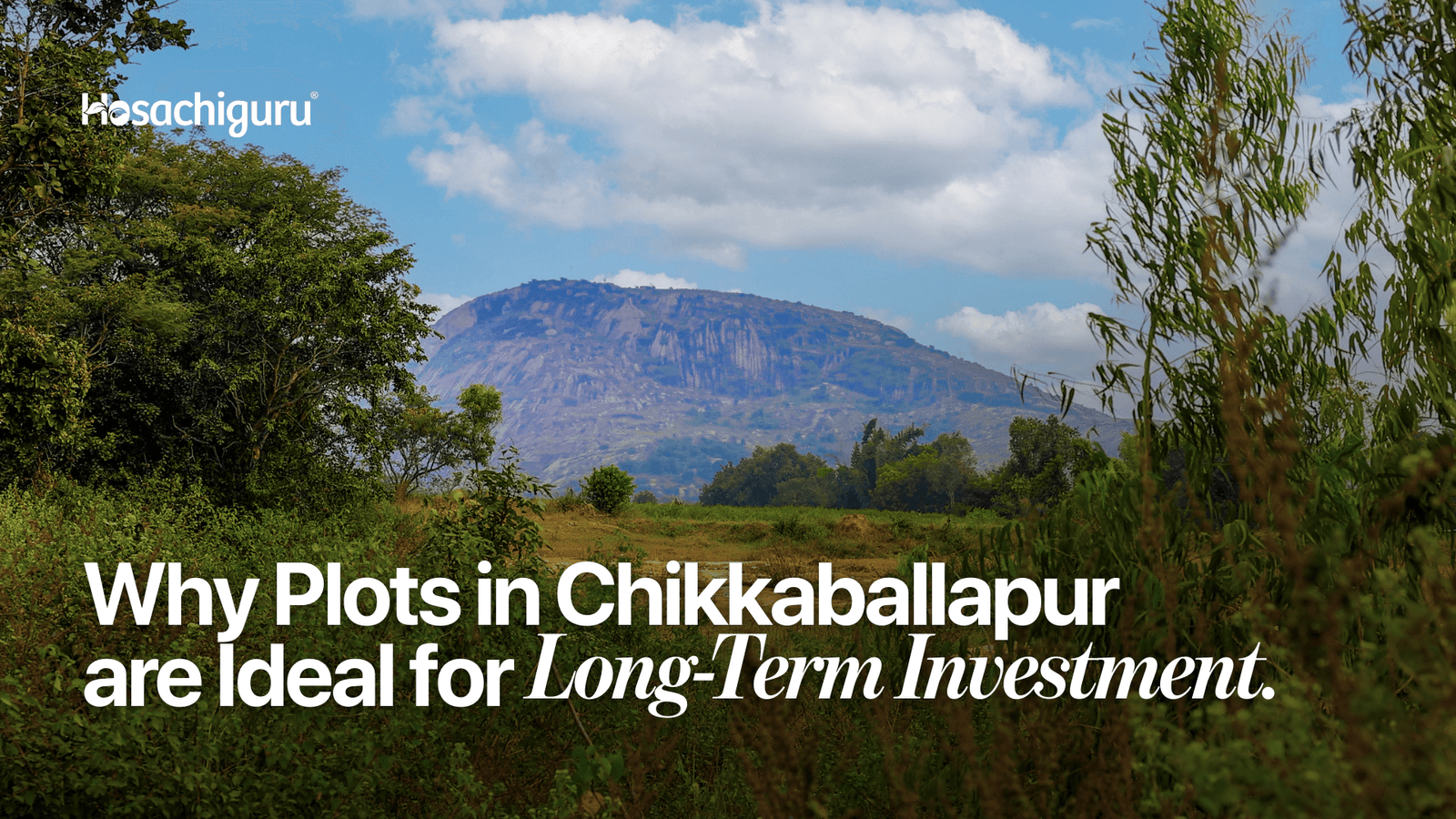Author: Anmol Agarwal
Read Time: 5 mins
Nature: The Ultimate Cure for Mental Health
What if the key to easing your mind was right outside your door? Imagine how different life might feel if we all took more time to simply be in nature—away from screens, to-do lists, and the pressures of daily life. Could nature be the missing piece in our pursuit of mental well-being?
On this World Mental Health Day, it’s time to shift the conversation about mental health and focus on an often-overlooked remedy: nature. Mental health isn’t about treating a disease with medication; it’s a continuous journey, and one of the most powerful ways to support your mental well-being is by immersing yourself in nature.
Technology: A Double-Edged Sword
We live in a world dominated by technology. From smartphones to laptops, we are more connected than ever. But as much as technology has revolutionized our lives, it has also distanced us from the natural world. Research shows that the average person spends over 7 hours a day in front of screens and less than 30 minutes outdoors.
While technology gives us unprecedented convenience, it also brings an overload of stress. Multi-tasking between apps, notifications, and emails might feel productive, but it can waste up to 40% of productive time. Constant multitasking is also linked to higher stress levels, errors, and even behavioral addiction.
With so much technology vying for our attention, it’s no surprise that mental health issues are on the rise. In fact, 1 in 8 people worldwide suffer from mental health disorders, totaling about 970 million people globally. And even if you’re not diagnosed with a mental illness, chances are you’ve experienced mental strain at some point in your life.
Nature as a Mental Health Saviour
When you immerse yourself in nature, whether through hiking, gardening, or simply walking in a park, you give your mind a chance to reset. Research indicates that dedicating merely two hours weekly to outdoor activities can greatly enhance both mental and physical well-being. You’ll start noticing small but profound changes—a clearer mind, reduced anxiety, and a stronger sense of connection to the world around you.
On the first day of your nature retreat, you might still feel the adrenaline of your busy life. But by day two or three, the sounds, smells, and sights of the natural world start to capture your attention. Your senses recalibrate, and soon, you begin to feel a part of nature rather than separate from it. This connection with the natural world fosters a deep sense of peace and clarity that modern life often lacks.
Physical and Psychological Benefits of Nature
We know physical activity is crucial for maintaining good mental health. Exercise releases endorphins, which naturally boost your mood. But did you know that being active outdoors can amplify these effects? Outdoor activities like hiking, cycling, or even taking a daily walk are excellent ways to improve your cardiovascular health and serotonin levels, which directly combat depression and anxiety.
Studies have shown that exposure to sunlight increases serotonin production, a neurotransmitter that helps reduce feelings of anxiety and depression. Even if you don’t suffer from a mental health disorder, spending time outside can significantly improve your mood. According to the World Health Organization, regular physical activity could reduce the risk of depression by 25%.
Hosachiguru: A Holistic Approach to Mental Well-being
At Hosachiguru managed farmlands, we believe that reconnecting with nature is key to achieving mental well-being. Our sustainable farmlands offer individuals and families the opportunity to engage with nature in meaningful ways—whether it’s planting trees, playing with soil, or simply soaking in the tranquil environment of our managed farmlands.
By cultivating a bond with nature, we promote a healthier, more balanced lifestyle that directly supports mental well-being. The concept of ‘mindful farming’ not only nurtures the earth but also nurtures your soul. Whether you’re planting a tree or walking through our green landscapes, the physical and mental benefits are profound.
We also regularly conduct “Touch With Nature” program that invites Co-Farmers to reconnect with nature through engaging, hands-on experiences. Participants can immerse themselves in activities like vermicomposting and seedball preparation, learning sustainable farming techniques while working directly with the soil. They also have the opportunity to interact with farm pets, fostering a deeper bond with the animals. Additionally, a therapeutic nature walk allows for peaceful reflection, providing a serene escape into nature’s beauty.
We encourage people to get their hands in the soil, plant a native species, and foster a deeper connection with the earth. This simple act of engaging with nature offers an escape from the pressures of daily life and promotes relaxation, peace, and clarity.
Developmental Benefits for Children
Children, too, reap immense benefits from interacting with nature. When they engage with natural surroundings, they develop crucial motor skills, balance, and coordination. Playing outdoors helps children ask more questions, enhancing their speech and cognitive abilities. In fact, research from the University of Wisconsin shows that students who participate in outdoor education see improvements in standardised test scores, classroom engagement, and attendance.
When children are taught outside, they become more independent, confident, and creative. And most importantly, they learn about their own capabilities and develop a strong connection with the world around them—a crucial aspect of their mental and emotional development.
Social Benefits of Nature
Human beings are social creatures, and our mental health thrives on connections with others. Spending time can help strengthen those connections. Activities like community gardening not only provide physical benefits but also offer opportunities to socialise and bond with others.
For senior citizens, especially those living alone, community gardens are a fantastic way to get outside, socialise, and engage in meaningful activities. This social interaction improves both physical and mental health, reducing feelings of loneliness and isolation.
Soil: Nature’s Antidepressant
Believe it or not, soil contains natural antidepressant qualities. Microbes found in soil have been shown to have similar effects on the brain as antidepressants—without any chemical dependency. When we garden or simply play in the dirt, we stir up these microbes, which release mood-boosting chemicals.
A study conducted by the University of Florida found that gardening not only lowered depression and anxiety in people with existing medical conditions but also boosted mental well-being in healthy individuals.
Simple Steps for Better Mental Health
If you’re looking for simple ways to improve your mental health, start by making nature a part of your daily routine. Here are a few easy tips:
Spend more time outdoors: A 30-minute walk in the park can work wonders for your mood.
Build meaningful connections: Invest time in relationships with people who lift you up.
Slow down: Pause to appreciate the beauty around you.
Try a new activity: From gardening to hiking, explore activities that connect you with nature.
Practice gratitude: Take time to reflect on the things in your life that bring you joy, especially when you’re in a natural setting.
Conclusion: Let Nature Heal You
Mental health isn’t just something that can be fixed with a pill. It’s an ongoing journey that requires care, attention, and balance. And one of the best ways to support that journey is to spend more time in nature.
At Hosachiguru managed farmlands, we embrace the healing power of nature. Through mindful farming and reconnecting with the earth, we promote mental well-being and a balanced lifestyle. So, take a step outside, plant a tree, or visit our farmlands to experience nature’s curative force firsthand.
As the old saying goes: “Out of the nature habit comes a happy life.” Let this World Mental Health Day be your invitation to step outside, breathe in the fresh air, and rediscover your connection to the natural world. You’ll be surprised at just how much better you’ll feel.

 03 Oct 2024
03 Oct 2024  7 Min
7 Min


